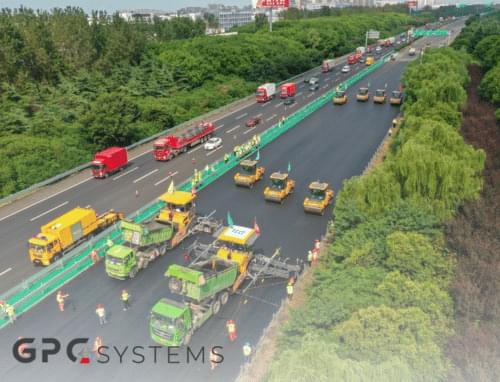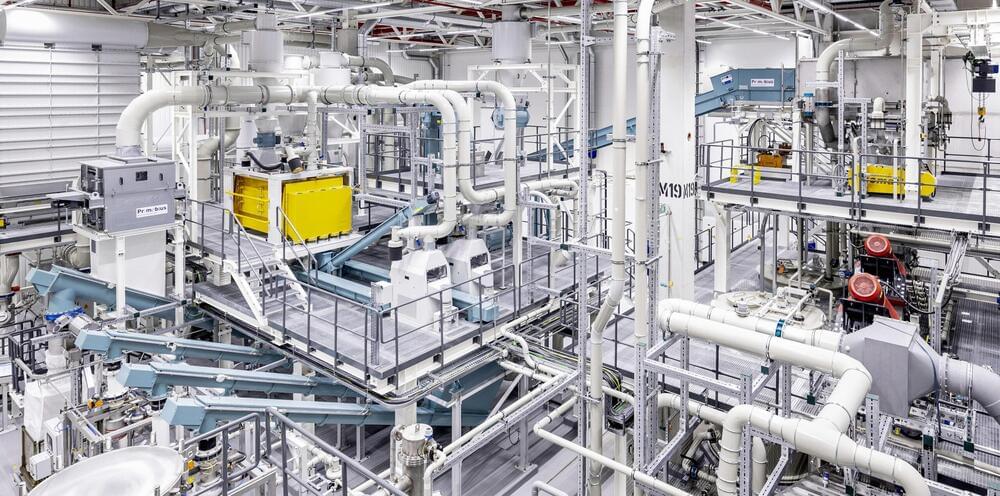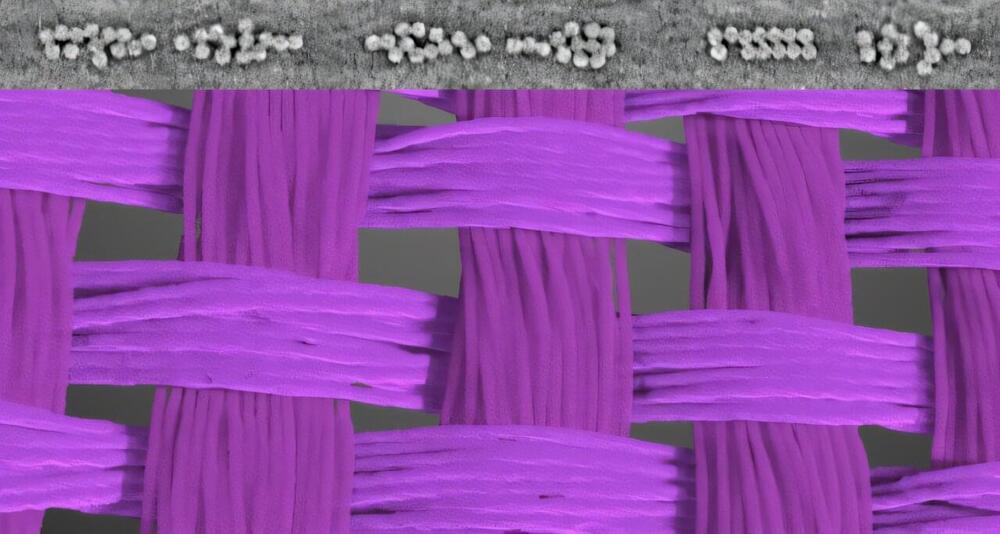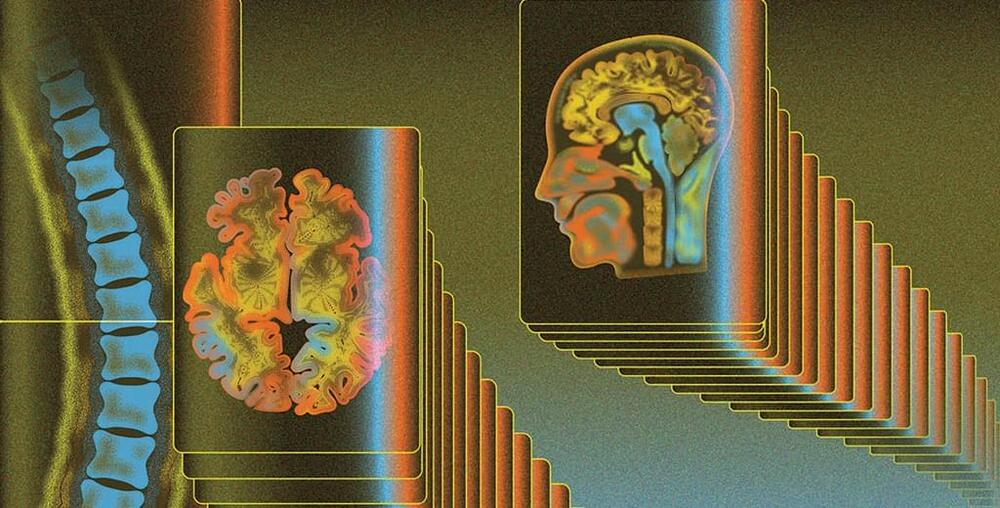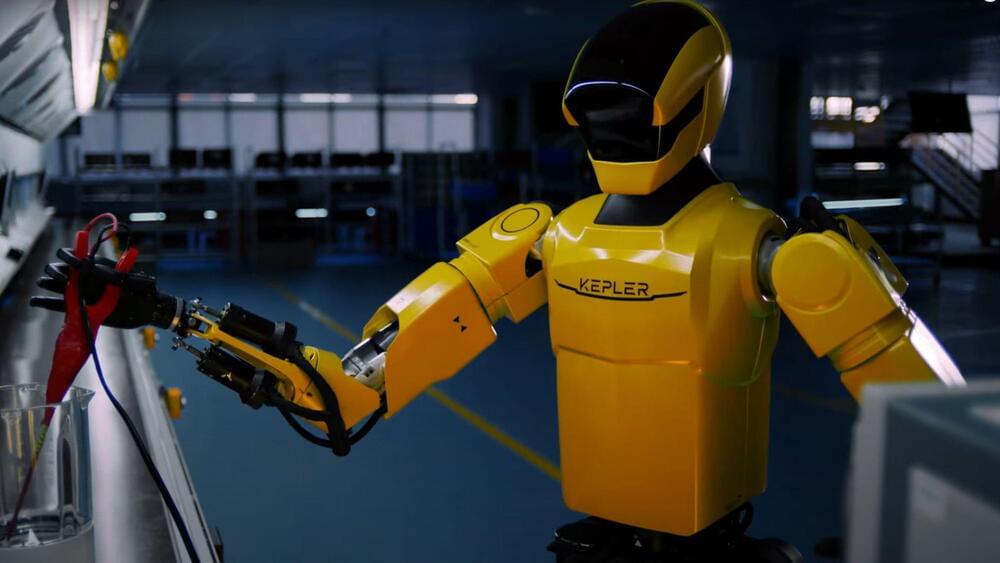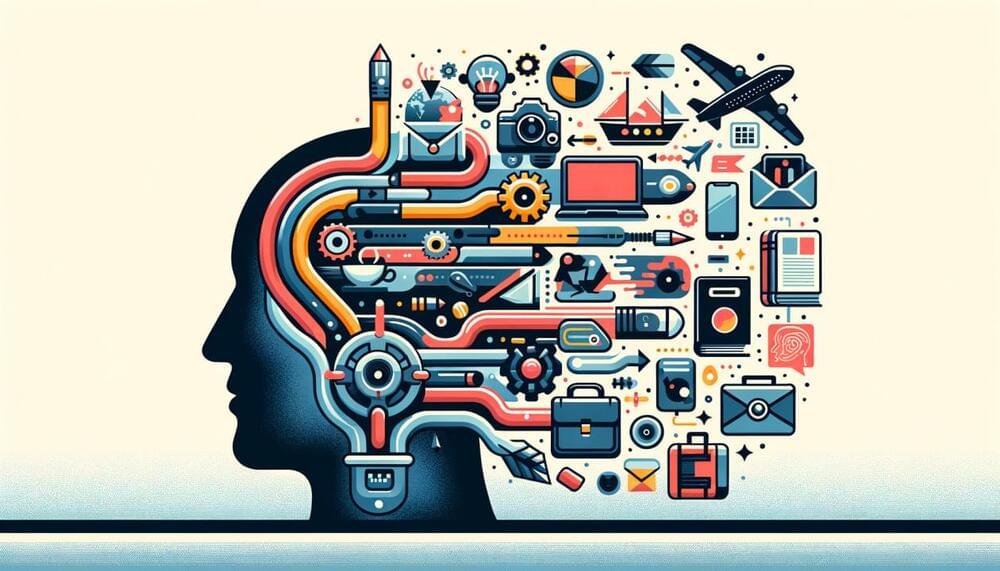Oct 22, 2024
Robots Pave the Way: China’s Unmanned Road Resurfacing Milestone
Posted by Shailesh Prasad in categories: drones, robotics/AI
In a remarkable feat of engineering and automation, China has recently completed the world’s first fully unmanned road resurfacing project, covering an impressive 157.79 kilometres of expressway without the involvement of a single human construction worker. This innovative achievement showcases China’s rapid advancements in construction technology and its commitment to pushing the boundaries of what’s possible in infrastructure development.
The Autonomous Fleet
The project utilised a fleet of autonomous road construction vehicles, including drones and robots, to carry out the entire resurfacing process. This cutting-edge approach marks a significant departure from traditional road construction methods, which typically rely heavily on human labour.
